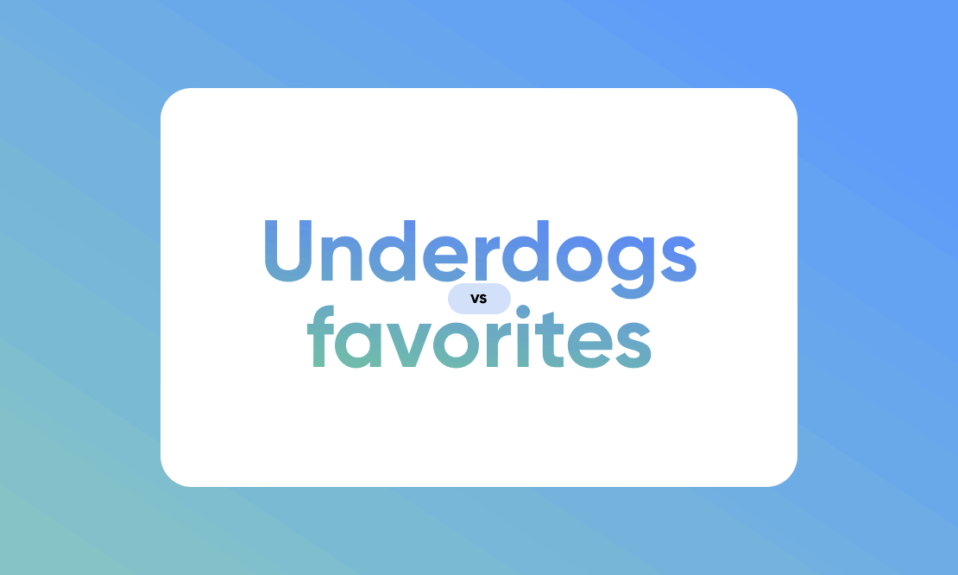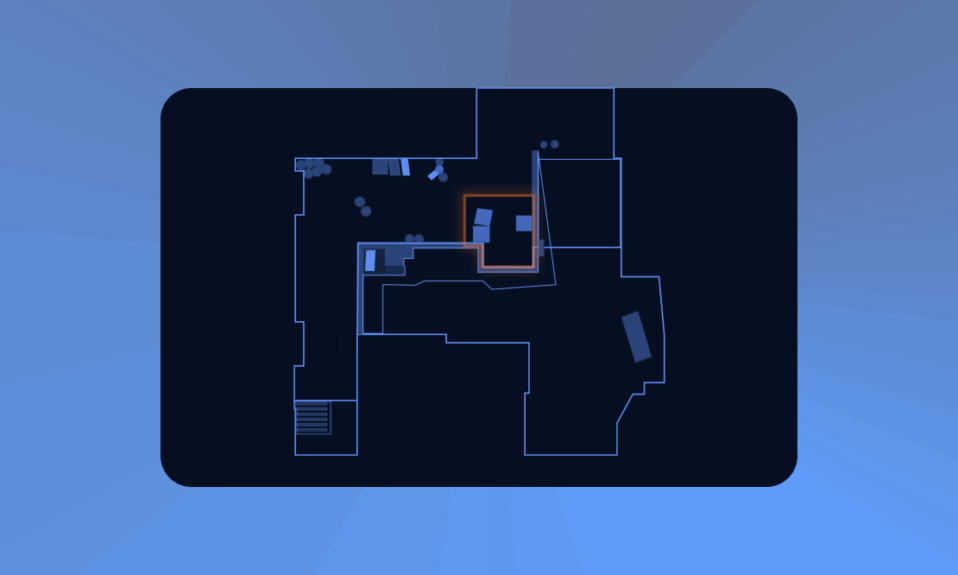
Public streams for esports matches are delayed for the largest esports keep up their competitive integrity. While it’s an important system to have in place, it also imposes challenges on sportsbooks in terms of the user experience and arbitrage opportunities among players.
A traditional sport, such as football, is played on a field where all participants see their opponents movements on the grass, at every given point in a match. If they weren’t able to see their opponents, let’s say due to an incredibly foggy morning, the match would more than likely be called off.
Learn about esports betting in Abios’ Esports Betting Knowledge Base.
Fog of war
In video games, fog is inherent to the game design. “Fog-of-war” as it is called, refers to the parts of the map the team can’t see, the opposing team can’t see, and parts of the map neither team can see. These parts differ depending on the perspective. In League of Legends, the teams spawn on opposing sides of the map “Summoner’s Rift”. The fog-of-war typically holds different parts of the middle sections of the map, forcing the players to move towards each other to gain more vision. They can also put down vision wards to accomplish the same goal for a longer duration of time.
Much like in League of Legends, popular FPS games such as CS:GO and VALORANT hide the actions and movements of the opposing teams whenever they aren’t in the vicinity of a player.
Playing around the fog of war allows players to accomplish objectives and strategies without the opposing team knowing. This is how the game is intended to be played and forces players to be vigilant at all times, as opponents can appear from myriad places fogged out on the map.
Public streams and delays
The spectator of an esports match has an omnipotent view of the map. They see all players’ locations and the entire map all at once. The players themselves don’t have this view. Therefore, any player, team member or coach who obtains this feed in real-time would gain an unfair advantage and consequently be deemed cheating.
Read more: Get esports fan insights
Consequently, public streams displayed on broadcasting services such as Twitch and Youtube are often delayed by up to 5-10 minutes. The delay is typically determined by the tournament organiser, who decides the amount necessary to keep up the integrity of the game or to prevent “stream sniping” or “ghosting” as it’s often referred to.
How stream delays affects sportsbooks, betting and players
Sportsbooks need data feeds from the games to know which odds to set. In regular sports, data typically comes from manual inputs made by editors who watch the game in person. Esports games are instead played digitally, which means that all data can be derived from game servers. Some sportsbooks also use data derived from public streams and by scraping other bookmakers.
If sportsbooks get real-time data directly from the game servers, either provided by a data partner, tournament organiser or game publisher, the data is undelayed by default. This means that sportsbooks have feeds that are about 5-10 minutes ahead of players who might watch the match on a broadcasting platform, or other sportsbooks with slower data feeds.
It’s rather common and creates a disparity between what players see on streams and the odds provided by sportsbooks with real-time data. The sportsbooks gain an unfair advantage, which in turn dwindles the user experience for the player.

Arbitrage opportunities for players
If players would instead watch a match in person, they get access to the game in real-time, essentially having the same information as sportsbooks with real-time data. This imposes a risk for sportsbooks with slower data feeds, as arbitrage opportunities arise for the players.
Although this isn’t too common, it has happened in the past and increases the need for long bet delays and markets closing early. This, in turn, decreases the user experience for other players.
Abios take on stream delay and real-time data feeds
Although stream delay is necessary to keep the competitive integrity of esports games intact, it impacts the user experience negatively for sportsbooks with real-time data feeds. Conversely, if sportsbooks only have access to data on par with public streams, players watching the games in person gain arbitrage opportunities.
While the delay of public streams compared to odds feeds might feel disadvantageous for players, the user experience with real-time data has the potential to be far superior given the product implications it imposes. With real-time data feeds, markets can be kept open for longer periods of time with shorter bet delays, which shaves away tons of the friction we see in the market today.
While this is still in its infancy, we believe the disparity will still be overshadowed by the product improvements we will see in the upcoming years. As the industry matures, the data, products and user experience is likely to improve, and a solution might arise in due time to the disparity between different data feeds and the challenges they impose.







